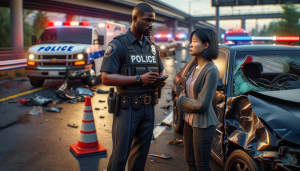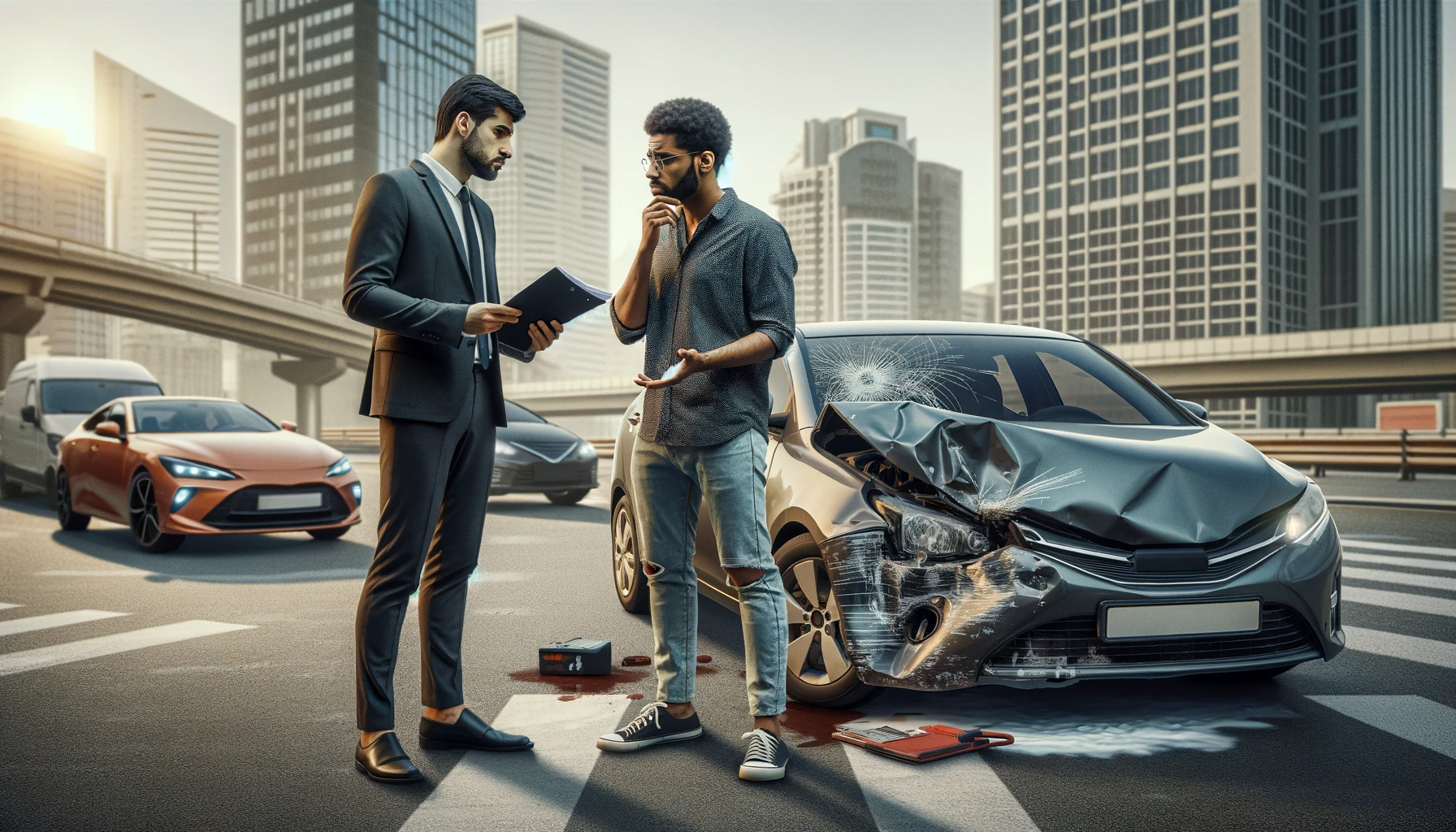The Impact of Speeding on Car Accidents: Legal Resources to Confront the Consequences
Introduction
Speeding is one of the most common factors contributing to
car accidents. While it might seem harmless to push the pedal a bit harder, the consequences can be dire. Not only does speeding increase the likelihood of
accidents, but it also complicates legal situations for those involved. Understanding the legal resources available to confront these consequences is essential for anyone who drives.
What is Speeding?
Speeding, in its simplest form, is driving faster than the legally posted speed limit. However, it’s not just about exceeding the speed limit; driving too fast for road conditions, even if below the speed limit, can also be considered speeding. Laws regarding speeding vary by state, with different penalties and enforcement tactics used across the country.
The Dangers of Speeding
Speeding significantly increases the risk of
accidents. The faster a vehicle is moving, the longer it takes to stop, and the more severe the impact if a collision occurs. Reaction times are reduced, and drivers have less control over their vehicles at higher speeds. According to the National Highway Traffic Safety Administration (NHTSA), speeding was a contributing factor in 26% of all traffic fatalities in recent years.
National statistics paint a clear picture of the dangers associated with speeding. In 2021, over 11,000 people lost their lives in speeding-related accidents in the United States. Young drivers, particularly males aged 15-20, are disproportionately involved in these incidents. When compared to other causes of accidents, speeding ranks high, often surpassing factors like distracted driving or driving under the influence.

Legal Consequences of Speeding
The legal consequences of speeding can be severe. Offenders may face hefty fines, points on their driving records, and increased insurance rates. In some cases, excessive speeding can lead to license suspension or revocation. The long-term impact on a person’s driving record can also make it difficult to obtain affordable car insurance in the future.
Criminal Charges for Speeding-Related Accidents
In cases where speeding leads to a serious accident, criminal charges may be filed. Depending on the circumstances, drivers can be charged with reckless driving, vehicular manslaughter, or even homicide if their actions result in death. These charges can carry significant penalties, including jail time, and have a lasting impact on a person’s life.
Civil Liability in Speeding Accidents
When a speeding driver causes an accident, they may be held liable for damages in a civil court. Proving negligence is key in these cases, and the fact that the driver was speeding can play a crucial role in establishing fault. Victims of speeding-related accidents often seek compensation for medical expenses, lost wages, and pain and suffering through
personal injury lawsuits.
Legal Resources for Victims of Speeding Accidents
If you’re a victim of a speeding-related accident, it’s important to seek legal representation as soon as possible. Specialized attorneys who focus on traffic accidents can help navigate the complexities of your case. Resources like the American Bar Association and local legal aid organizations can assist in finding the right lawyer for your situation.
Insurance Claims and Speeding
Speeding can complicate the insurance claims process. Insurance companies may attempt to deny claims or reduce payouts if they determine that speeding was a factor in the accident. To protect yourself, it’s crucial to document everything and seek legal advice when dealing with insurance companies. Being proactive and understanding your policy can make a significant difference in the outcome of your claim.
Defending Against Speeding Charges
If you’re facing a speeding charge, there are several defenses you might consider. Common strategies include challenging the accuracy of the speed measurement, questioning the clarity of the speed limit signs, or arguing that the speed was safe for the conditions at the time. Legal counsel can be invaluable in crafting a defense that may reduce penalties or even dismiss the charges altogether.
The Role of Technology in Speeding Enforcement
Technology plays an increasingly important role in enforcing speed limits. Speed cameras, radar, and lidar devices are commonly used by law enforcement to catch speeders. While these tools can effectively reduce speeding, they also raise legal questions regarding privacy and the accuracy of speed measurements. Understanding the implications of these technologies is important for drivers.
Legislation and Speed Limits
Speed limits in the United States have evolved over time, influenced by factors such as road safety research and public opinion. While most speed limits are set by state governments, federal guidelines also play a role. Recent trends show a push toward higher speed limits in some areas, sparking debates about the balance between efficiency and safety.

The Psychological Factors Behind Speeding
Why do people speed? It’s a question that delves into the psychology of driving. Factors such as impatience, overconfidence, and the influence of other drivers can lead to speeding. Understanding these behaviors is crucial for developing effective strategies to reduce speeding and prevent
accidents.
Educational Programs and Campaigns
Various educational programs and campaigns aim to raise awareness about the dangers of speeding. Government agencies and nonprofit organizations often lead these efforts, utilizing public service announcements, school-based education, and community outreach. These programs are essential in shaping driver behavior and promoting safe driving practices.
Conclusion
Speeding is more than just a traffic violation; it’s a behavior that can have life-altering consequences. From the increased risk of accidents to the legal and financial repercussions, speeding poses serious dangers. It’s crucial for drivers to understand these risks and for victims to know their legal rights. By promoting safe driving habits and utilizing available legal resources, we can reduce the impact of speeding on our roads.
Look for an attorney who has the right legal resources for your legal needs.
Contact us here on the
Warmuth Law website or through our hotline 888-517-9888.
Frequently Asked Questions (FAQ's)
1. What should I do if I'm involved in a speeding-related accident?
First, ensure that everyone is safe and seek medical attention if necessary. Then, document the scene, gather witness information, and contact a lawyer who specializes in traffic
accidents.
2. Can I contest a speeding ticket?
Yes, you can contest a speeding ticket. Common defenses include questioning the accuracy of the speed measurement or the clarity of the speed limit signs.
3. How does speeding affect my car insurance?
Speeding can lead to increased insurance premiums, especially if it results in a conviction or an
accident. Multiple speeding tickets can also lead to policy cancellation.
4. What are the most common defenses against speeding charges?
Common defenses include challenging the method used to measure your speed, arguing that the speed was safe for conditions, and questioning the signage.
5. How can I find a lawyer who specializes in speeding cases?
You can find a specialized lawyer through local bar associations, legal aid organizations, or by seeking referrals from other attorneys.













